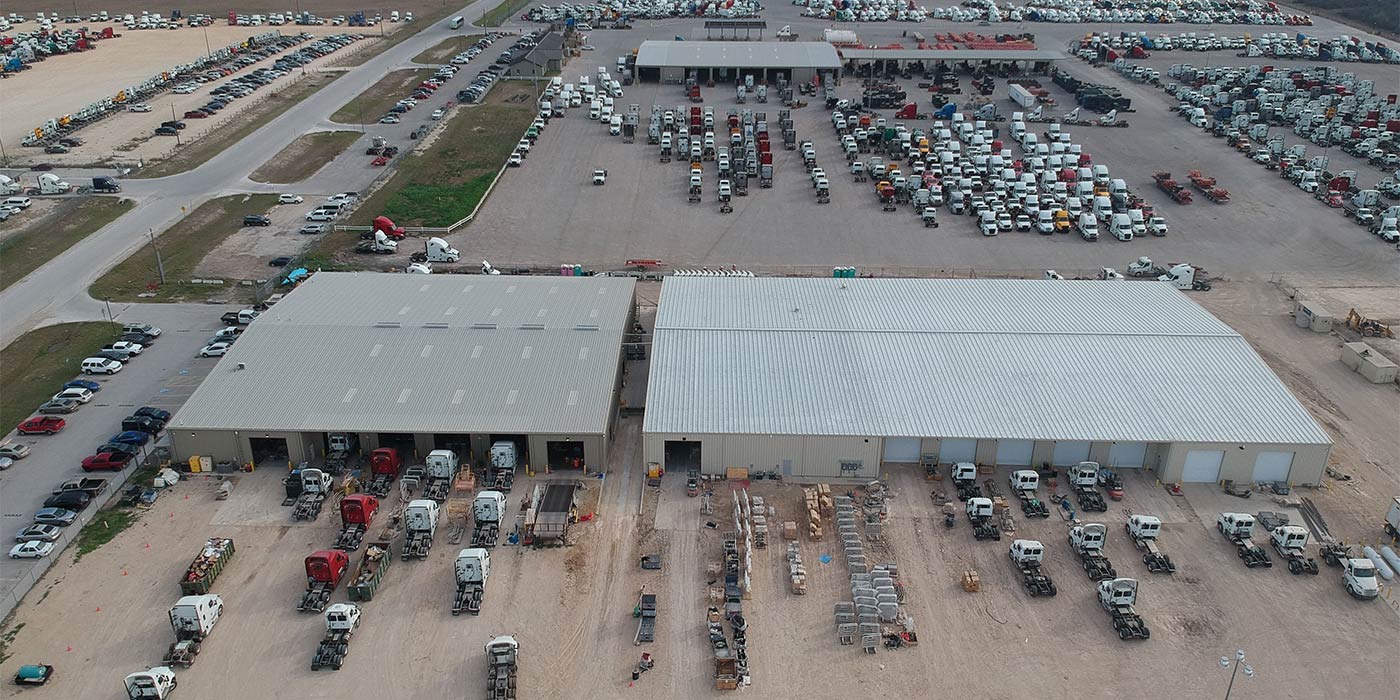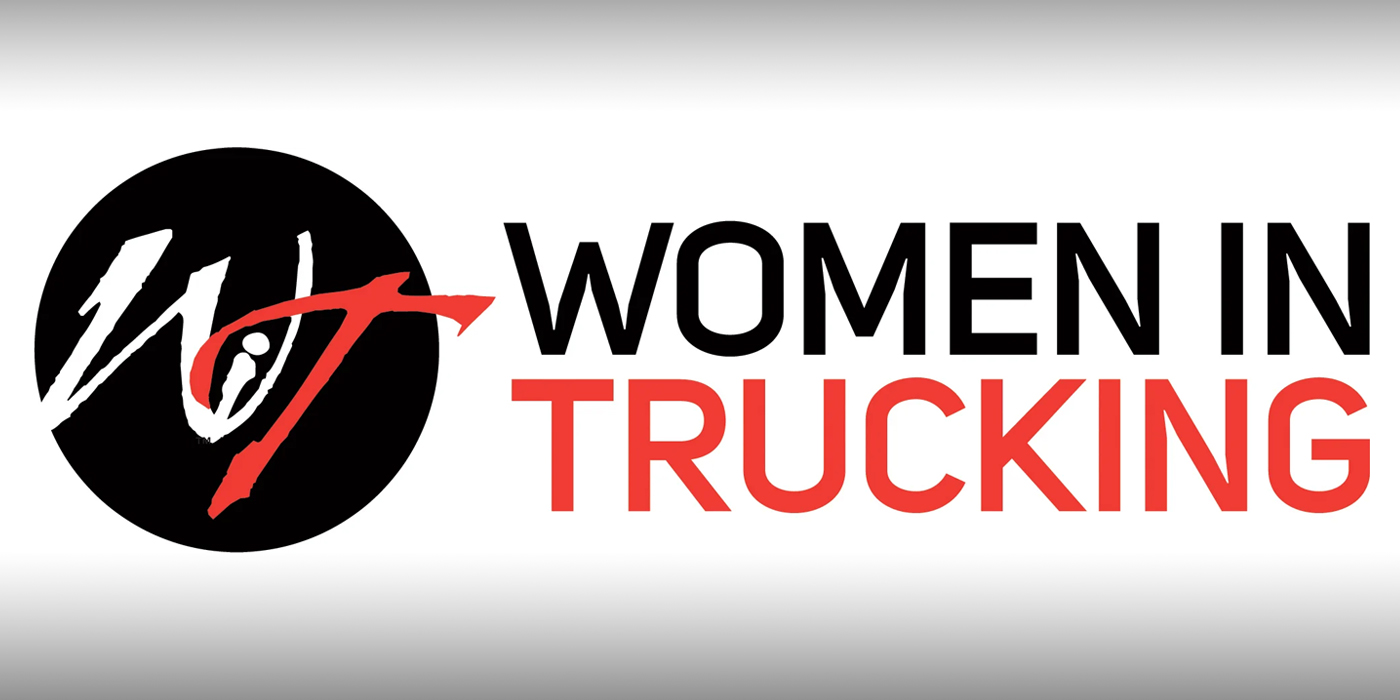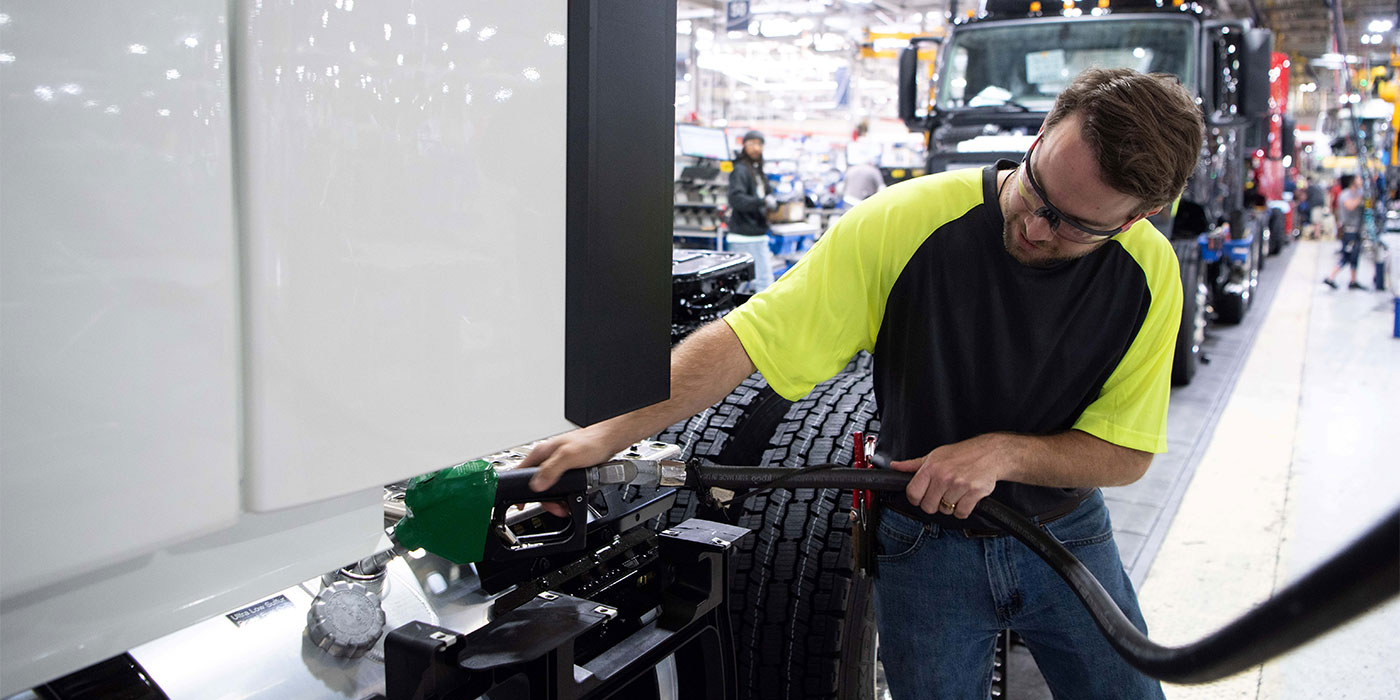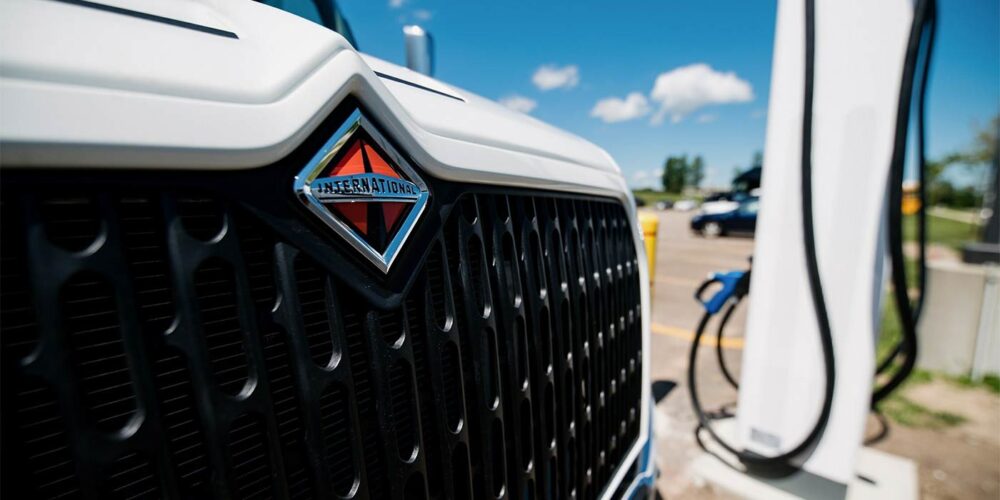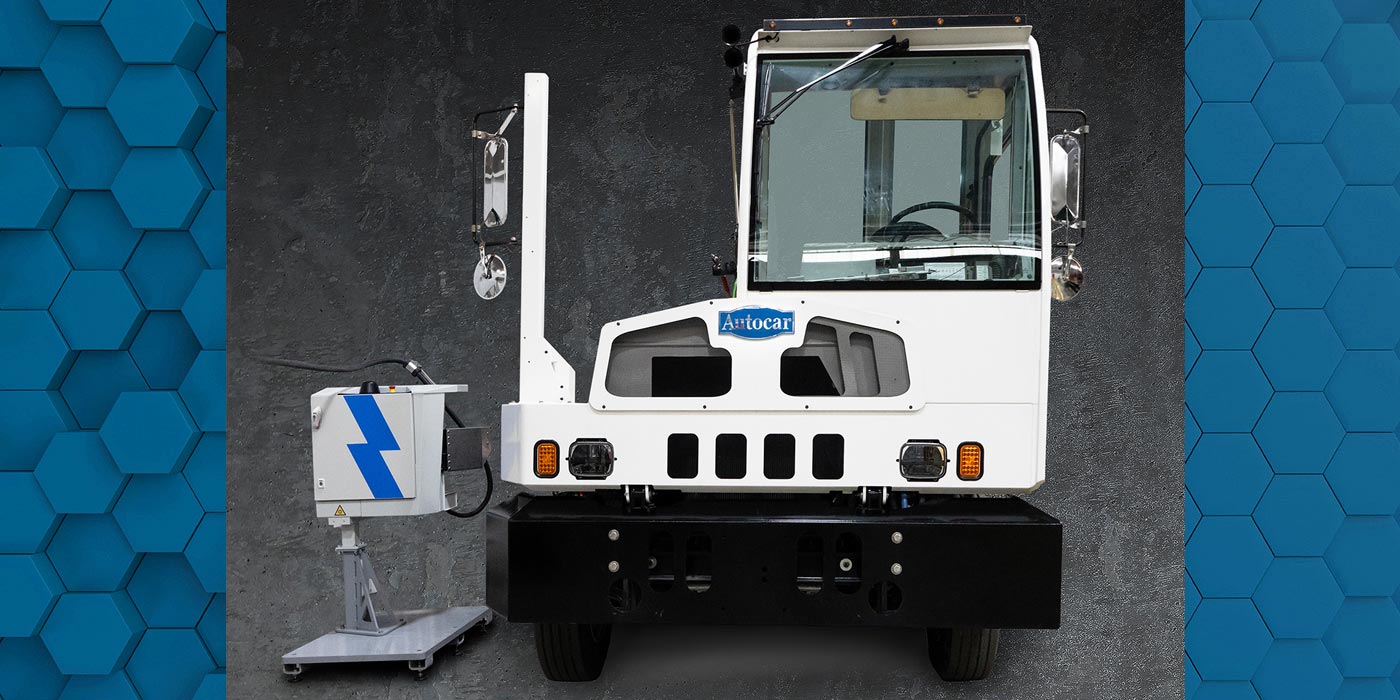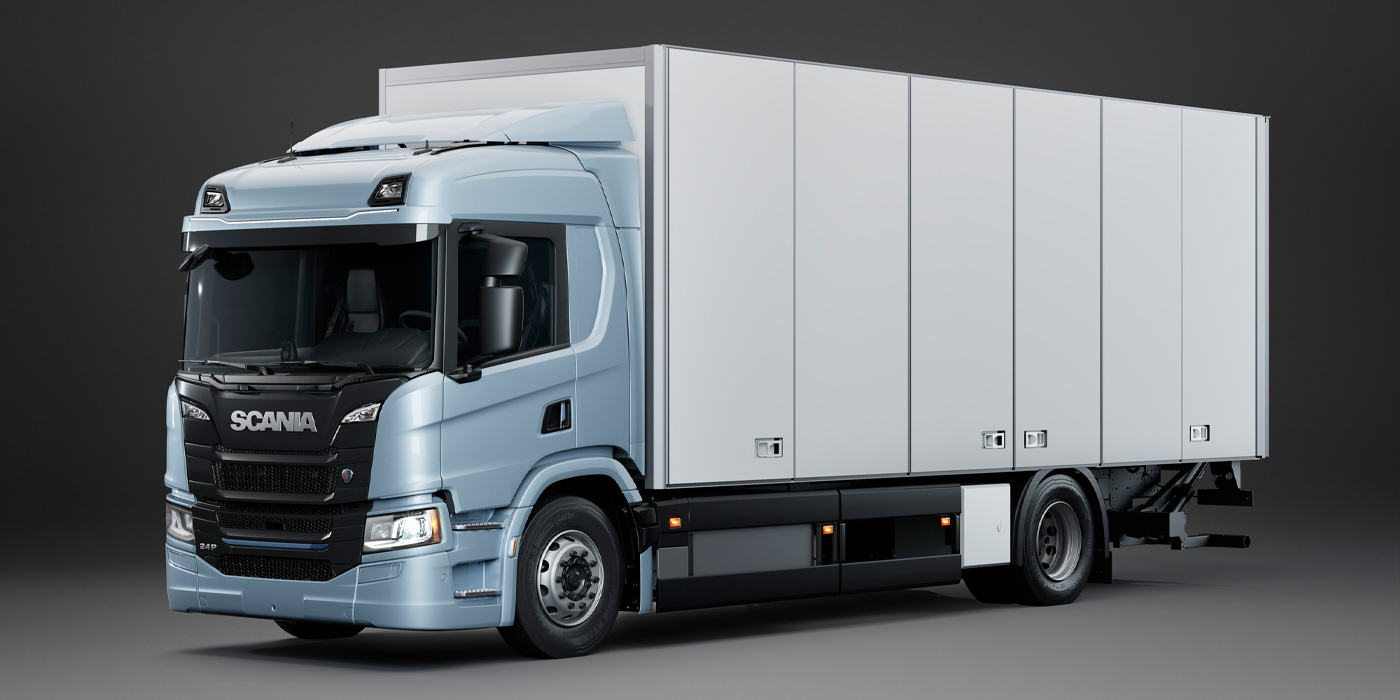Daimler Truck AG and Volvo Group officially outlined their roadmap for the new hydrogen fuel cell joint venture cellcentric, as part of commitment to accelerate the use of hydrogen-based fuel cells for long-haul trucks and beyond. The companies say cellcentric will build one of Europe’s largest planned series production of fuel-cell systems, with operation planned to commence in 2025.
Designed to help meet the 2050 targets of sustainable transport and a carbon-neutral Europe as part of the European Green Deal, cellcentric will develop, produce and commercialize fuel-cell systems for both long-haul trucking and other applications. The joint venture can draw on decades of expertise and development work from both Daimler Truck AG and Volvo Group.
According to Daimler Truck AG and Volvo Group, purely battery-electric and hydrogen-based fuel-cell trucks will complement each other depending on the individual customer use case. Battery power will be rather used for lower cargo weights and for shorter distances, while fuel-cell power will tend to be the preferred option for heavier loads and longer distances.
“Hydrogen-powered fuel-cell electric trucks will be key for enabling CO2-neutral transportation in the future. In combination with pure battery-electric drives, it enables us to offer our customers the best genuinely locally CO2-neutral vehicle options, depending on the application,” said Martin Daum, chairman of the Board of Management of Daimler Truck AG and member of the Board of Management of Daimler AG. “Battery-electric trucks alone will not make this possible. Together with our partner Volvo Group, we are therefore fully committed to our fuel-cell joint venture cellcentric and we are both pushing forward the development of the technology as well as the series production preparations. Regarding the necessary hydrogen infrastructure, it is clear that green hydrogen is the only sensible way forward in the long term.”
“We are convinced that hydrogen fuel-cell technology plays an essential role in helping us reach that milestone, but we know there is so much more to achieve than just the electrification of machines and vehicles,” said Martin Lundstedt, chief executive officer of Volvo Group. “There needs to be greater cooperation between public and private stakeholders to develop the necessary technology and infrastructure, which is why we are calling for united action from policymakers and governments around the world in helping us make hydrogen fuel-cell technology a success. Partnerships like cellcentric are vital to our commitment to decarbonizing road transport.”
As CO2-neutral trucks are currently significantly more expensive than conventional vehicles, a policy framework is needed to ensure demand and affordability. According to Daimler Truck AG and Volvo Group, this should include incentives for CO2-neutral technologies and a taxation system based on carbon and energy content. An emissions trading system could be an additional option.
The roadmap towards series production of fuel-cell systems and fuel cell trucks
Currently, cellcentric is conceptualizing the plans for its large-scale series production. More details and a decision on the location will be revealed over the course of 2022. As a significant step towards series production, preparations for pre-series production are taking place at a new site in Esslingen near Stuttgart. In parallel, cellcentric is scaling up ongoing prototype output.
Daimler Truck AG’s and Volvo Group’s goal is to start with customer tests of fuel-cell trucks in about three years and to be in series production of fuel-cell trucks during the second half of this decade. All vehicle-related activities are carried out independently from each other, as both companies remain competitors in all vehicle and product ranges, and particularly in fuel-cell integration solutions for all products.
The fuel cell joint venture
On March 1, when Daimler Truck AG and Volvo Group formed cellcentric, Volvo Group acquired 50 percent of the partnership interests in the existing Daimler Truck Fuel Cell GmbH & Co. KG for approximately EUR 0.6 billion on a cash and debt-free basis. In November 2020, Daimler Truck AG and Volvo Group signed a binding agreement for the joint venture. A preliminary non-binding agreement had already been signed in April of the same year.
More than 300 highly specialized experts work for cellcentric in inter-disciplinary teams at locations in Nabern, Stuttgart (Germany) and Burnaby (Canada). Around 700 individual patents have been issued so far.


